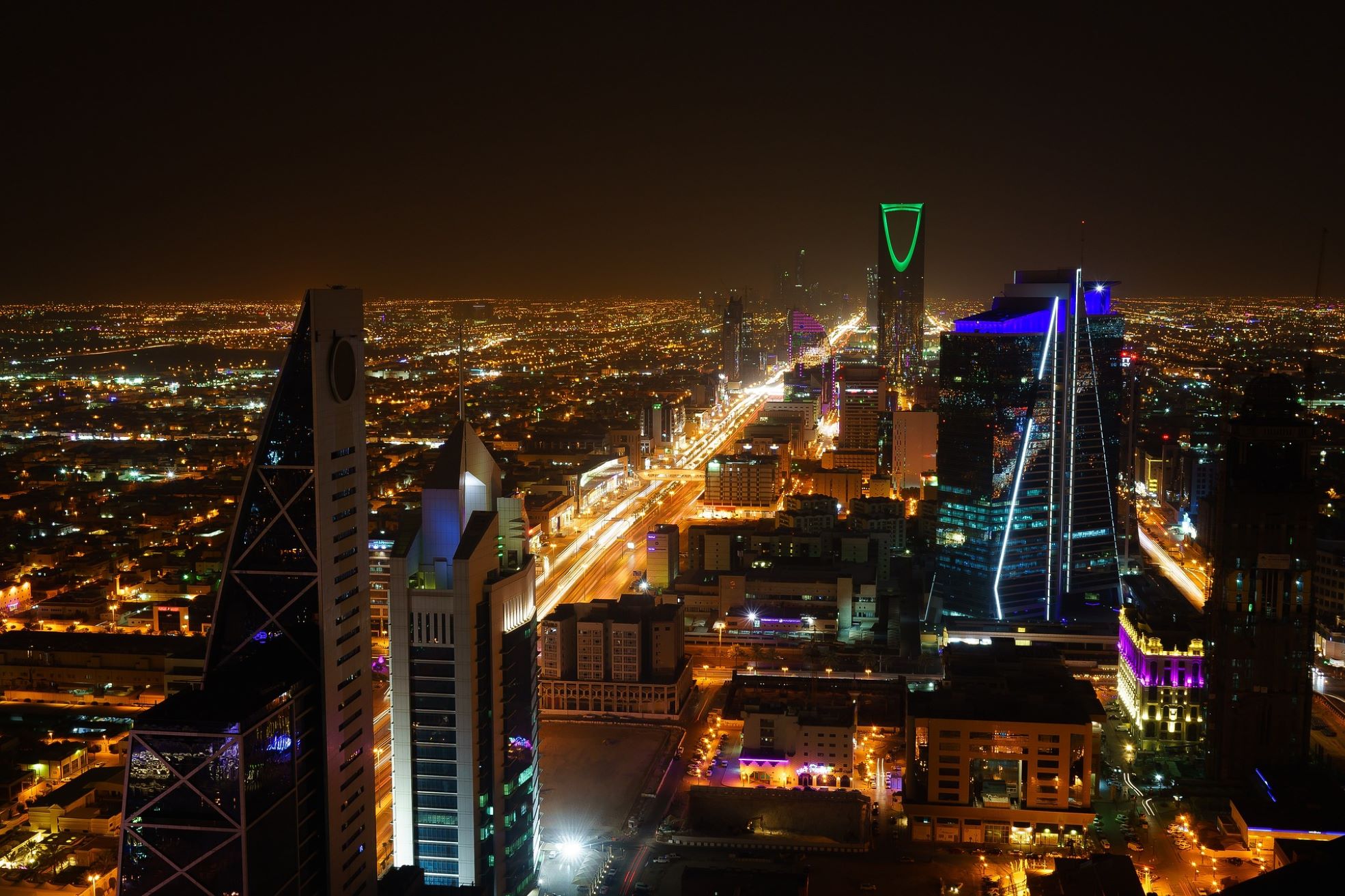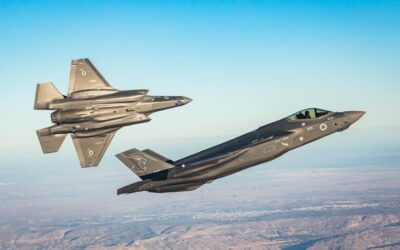Despite the complex knots of tying his Israeli coalition together, Prime Minister Netanyahu clenched his latest government amid a report featuring the massive benefits to Abraham Accords countries. The 2022 trade deals for Israel itself reached more than $2.8 billion. They act as a harbinger for what is deemed a promising next step with Saudi Arabia. A decision to join the Trump-initiated Abraham Accords – with US, Israeli, and Arab countries – would signal another valuable change and reshape the region once again.
In one of Bob Dylan’s most famous songs, “The Times They Are a-Changin'” the Jewish troubadour unknowingly described the Middle East today. Scenarios and decisions developing into 2023 since the Abraham Accords signing on the White House lawn on September 15, 2020, are being closely watched.
Cooperation is still expanding between Israel, Morocco, the United Arab Emirates, Bahrain, and Sudan. In a 2021 assessment, the Rand Corporation predicted that a decade of growth, with added countries, could produce an economic future of $1 trillion and upwards of four million new jobs, in what they called a “Peace Dividend.”
Indeed, a Peace Dividend. However, driven by the escalation of nuclear capability within the Islamic Republic of Iran, the region’s acute anxiety is increasing. Complicating the chaos, Russia and the Islamic Republic have joined forces, with Iran supplying Putin’s military with deadly clusters of drones in its war against Ukraine.
Based on the facts, it is no surprise that current Middle Eastern Arab leaders have chosen to strengthen their future ties with Israel under the Abrahamic Covenant. One of the smaller nations on the planet – 153rd out of 193 nations – Israel lays claim to the fourth-best economy in the world in 2022. The Economist, a British pillar of traditional financial information, is considered a centrist of facts and financial reporting. It used a measuring stick of five categories including growth, annual inflation, the extent of inflation, stock market, and public debt. They ranked thirty-four countries, and surprisingly many of the wealthiest ones fell short of the top ten, including the United States, which ranked twentieth. Some nations that enjoyed higher rankings are not dependent on Russian oil and gas.
Added to its vibrant economy, Israel is viewed as a steadfast deterrent to the Islamic Republic of Iran, the world’s largest terror-sponsoring country. The Ayatollahs’ obsession to have a nuclear bomb grows more troubling. It exploits its own citizens with a brand of oppressive policies to carry out its Sharia doctrine. Iranian citizens are also suffering due to the money that the Ayatollahs pour into their surrogates – Hamas, Hezbollah, the Houthis, and the Islamic Revolutionary Guard Corps in Syria. The Islamic regime covets the biggest terror in the world: a nuclear bomb.

Since September 13, 2022, the ongoing protests indicate that Iran’s citizens are willing to risk their lives and imprisonment for their freedom. The world is waking up to the malevolent nature of Iran’s leadership. In a surprising yet welcome move, the United States led the way on the United Nations Economic and Social Council (ECOSOC) with the 54-member council voting Iran out of the Commission on the Status of Women. Their membership would have lasted until 2026. UN resolutions have no force behind them to deter the Islamic Republic from its anti-women policies. Nevertheless, it contributes to a global conversation about the bravery of the women-led protests against the regime. The UN is finally speaking out against the hypocritical Ayatollahs.
Arabs are understandably nervous about the Persian nation, which turned Islamic in 1979. Saudis already deal with Iran-generated terror via the terrorist Houthis operating in nearby Yemen. Like other Arab countries already parties to the Accords, Saudi Arabia has softened its opposition to the world’s only Jewish nation. The Saudis are taking small steps, motivated by Israel’s potent strength to help counter the Shiite regime’s goal to establish a worldwide caliphate.
Discussions between Israelis and Saudis had quietly taken place before the first Abraham Accords were signed. In 2015, both countries admitted to holding behind-the-scenes meetings. In the past, Saudis pushed against Israel, demanding that it untangle the stalemate with the Palestinians. The Palestinian refusal to engage in direct negotiations with Israel has gradually been understood in the Arab world and become a reality. Palestinians now take a backseat to the Iranian threat. Saudi writer Abdulhameed Al-Ghobain explains that the Palestinians have not “contributed anything.” He added, “It is in our strategic interest, and in keeping with our future economic interests, to maintain real relations with Israel.”
Last September, a Bloomberg article mentioned Netanyahu’s appearance on Saudi Arabia’s Al Arabiya TV, signaling a thaw between the countries. A map of the region in Hebrew served as his backdrop for his briefing about the Islamic regime’s threats. In other examples, Saudi Arabia allows Israeli civilian flights over its country. And for the Hajj, Muslims are allowed direct travel from Israel. Now public, the Alrajhi family owns large shares in two Israeli companies, Otonomo Technologies Ltd, and Tremor International Ltd. Saudi Crown Prince Mohammed bin Salman plans to move the United Arab Emirates into what he calls “advanced industries” beyond the Saudi reliance on their oil. All that was previously unthinkable is now allowed.
Historic antisemitism still lurks in the Arab mind, yet practicality and the visage of Shiite Ayatollahs within inches of a nuclear button are palpable. At the forefront of Netanyahu’s mind, his expert leadership is timely. He knows that Iran’s Ayatollahs are masters of manipulation (i.e., the 2015 bad Iran deal). A substantial breakthrough in the logjam between Israel and Saudi Arabia would officially intensify the anti-Islamic Republic coalition. Arabs and Jews together, determined to counter the Ayatollah’s designs on the region and the world, are now more essential than ever.
With these hopeful scenarios developing into 2023, Israeli Foreign Minister Eli Cohen announced last week that he will attend a summit in March hosted by Morocco. The foreign ministers of the Abraham Accords nations will meet in Abu Dhabi this week to plan for the upcoming summit. If Saudi Arabia joins them, it will illuminate the 2023 miracles unfolding in the Middle East!
Arlene Bridges Samuels is the weekly featured columnist at The Christian Broadcasting Network Israel, Guest Columnist for All Israel News, and the Guest Columnist of The Jerusalem Connection Report. For nine years, she served as the Southeast Regional Christian Outreach Director for the American Israel Public Affairs Committee (AIPAC).





0 Comments